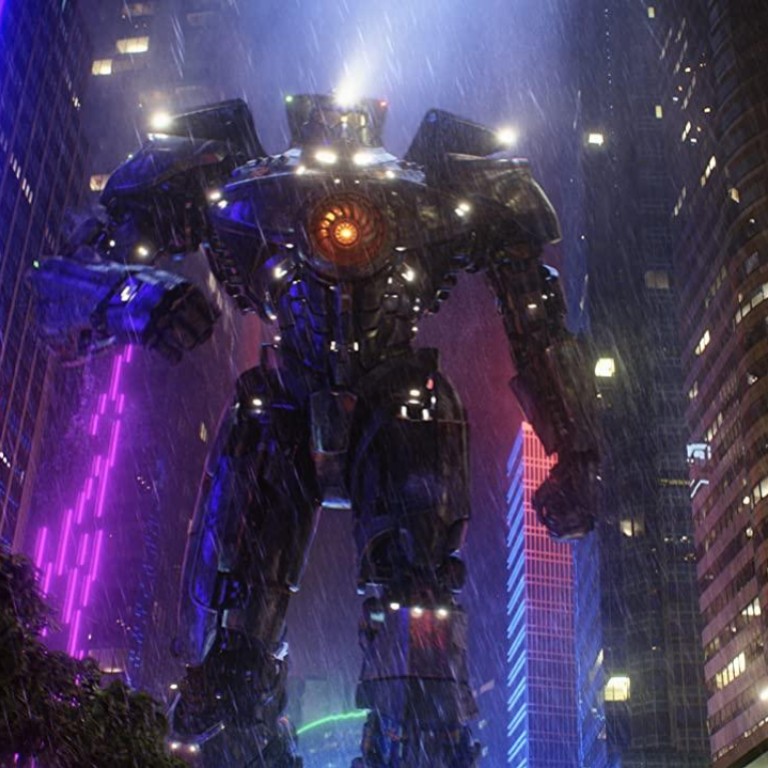
Was Guillermo del Toro’s Pacific Rim, a US-Mexico co-production set in Hong Kong, really a show of Hollywood power?
- Guillermo Del Toro’s film is something of an homage to Godzilla films, but it still managed to court disapproval in China, where it took US$114 million in 2013
- The Mexican director argued that Pacific Rim was purely entertainment, with a message about people working together no matter their nationality or race
Although the film’s Hong Kong setting hinted at a deeper truth – that the Asian cinema market was becoming more important than its American equivalent – Chinese authorities suggested there was something more sinister going on beneath its surface, like its giant interdimensional monsters emerging from the South China Sea to wreak havoc.
But could a film so apparently guileless that it contains the line, “Fortune favours the brave, dude!” really be a piece of covert geopolitical propaganda?
The theory goes like this: to secure its international standing, a country can wield soft power, hard power, or a combination of the two.
Hard power is the use of military and economic might to influence other nations. Soft power is more insidious, relying on the reach of a country’s cultural or commercial output – the international dominance of Hollywood movies being a good example.
Pacific Rim’s none-more-Hollywood opening sees a series of towering kaiju coming through The Breach, a portal in the sea floor, and destroying coastal cities such as San Francisco and Manila. “To fight the monsters,” our hero Raleigh Becket (Charlie Hunnam) tells us, “we created monsters of our own.”
Why Brad Pitt was banned from China after 1997 movie Seven Years in Tibet
These “monsters” are actually Jaegers, giant war machines operated by two pilots simultaneously through a process of mind-melding known as “drifting”.
It’s an international concern, with pilots hailing from the US, UK, Russia, Japan, China and Australia. The Jaeger base, meanwhile, is situated in Hong Kong, but the film seems strangely dismissive of its hosts.
The Chinese Jaeger pilots are interchangeable triplets played by brothers Charles, Lance and Mark Luu and, for most of the film, Hong Kong is just a beautiful backdrop, twinkling prettily in the distance as the Jaegers and kaiju fight.
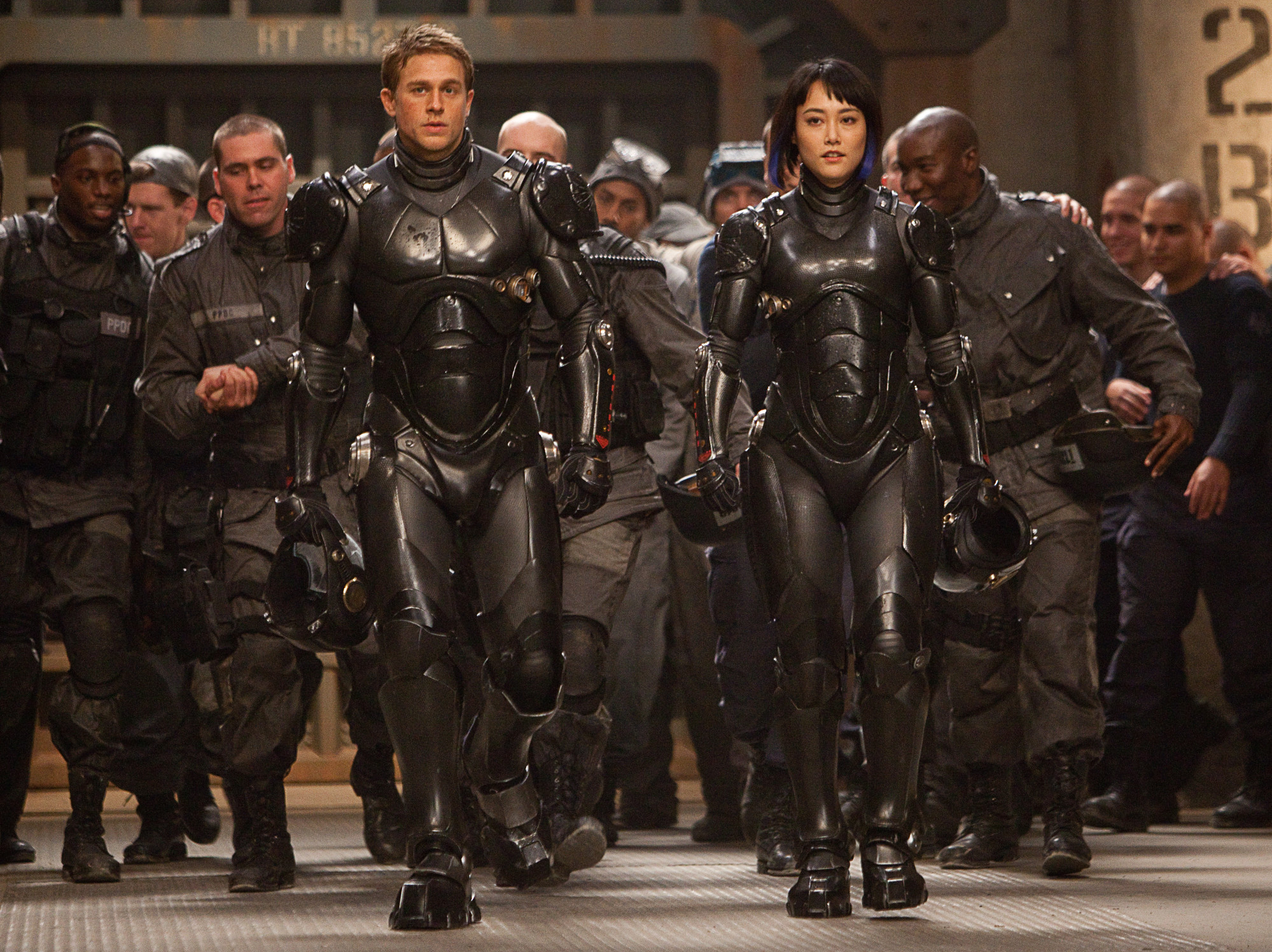
The scenes set on Hong Kong Island, meanwhile, depict a sleazy city of black-market organ salesmen presided over by Hannibal Chau (Ron Perlman), an American. Even these were shot in Toronto.
Not that any of this stopped the film doing big business in China, where it earned US$114 million of its US$411 million worldwide haul.
The Chinese authorities were not pleased. In the government-backed People’s Liberation Army Daily newspaper, officer Zhang Jieli wrote: “The decisive battle against the monsters was deliberately set in the South China Sea adjacent to Hong Kong.”
Why? “To demonstrate the US commitment to maintaining stability in the Asia-Pacific area and saving mankind.” Or, in other words, to show China who’s boss.
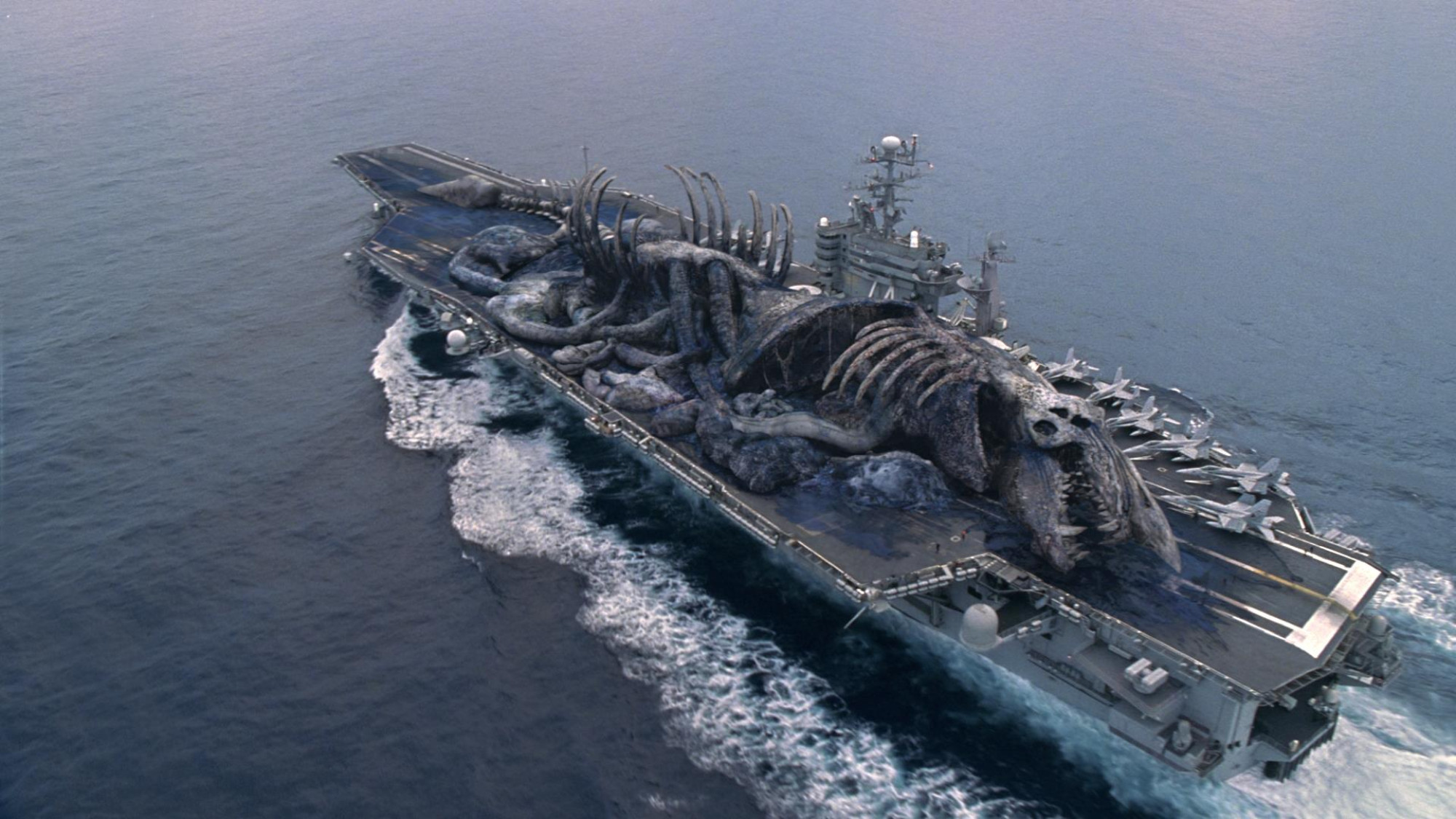
It’s possible that Zhang has a point.
The monsters come from Chinese territory, they operate with a “hive mind” – often sci-fi shorthand for communism – and it requires a combination of soft power (mind-melding) and hard power (a nuclear bomb) to send them packing.
But Del Toro is a smart, sensitive director – not to mention Mexican – so hardly someone you’d imagine to be a pawn of the US state. Plus, the film, which he co-wrote with Travis Beacham, doesn’t seem interested in much beyond its impressive action scenes.
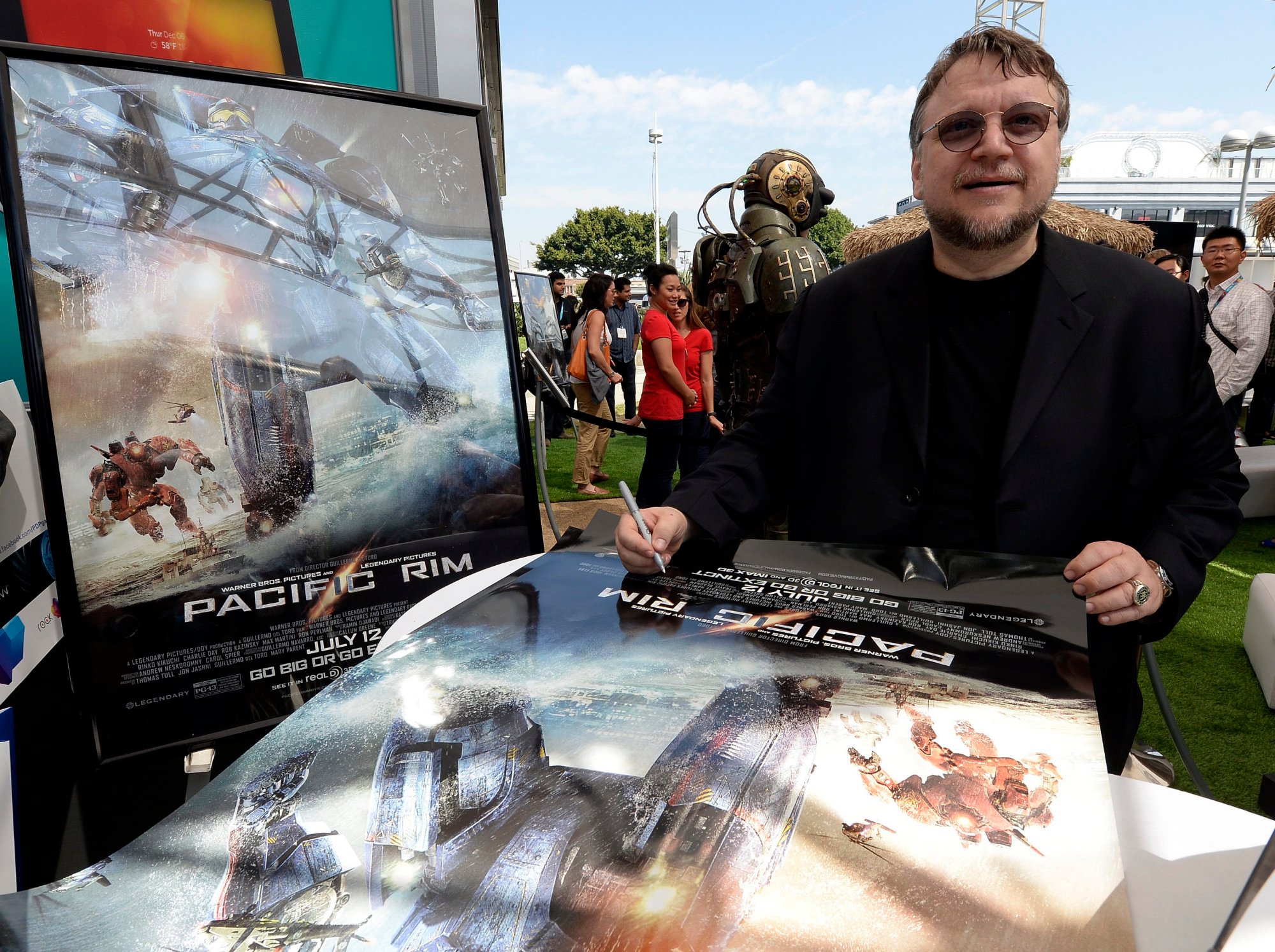
“We cannot pretend this is Ibsen with monsters and giant robots,” Del Toro told aintitcool.com. “I cannot pretend I’m doing a profound reflection on mankind.”
To Del Toro, the film is popcorn entertainment with a simple but sincere message. “I didn’t want this to be a recruitment ad or anything jingoistic,” he told the Boston Globe. “The idea of the movie is just for us to trust each other, to cross over barriers of colour, sex, beliefs, whatever, and just stick together.”
Whatever his intentions, China remained unconvinced – and on guard. “Soldiers should sharpen their eyes and enforce a ‘firewall’ to avoid ideological erosion when watching American movies,” suggested Zhang, with more than a hint of defeatism.
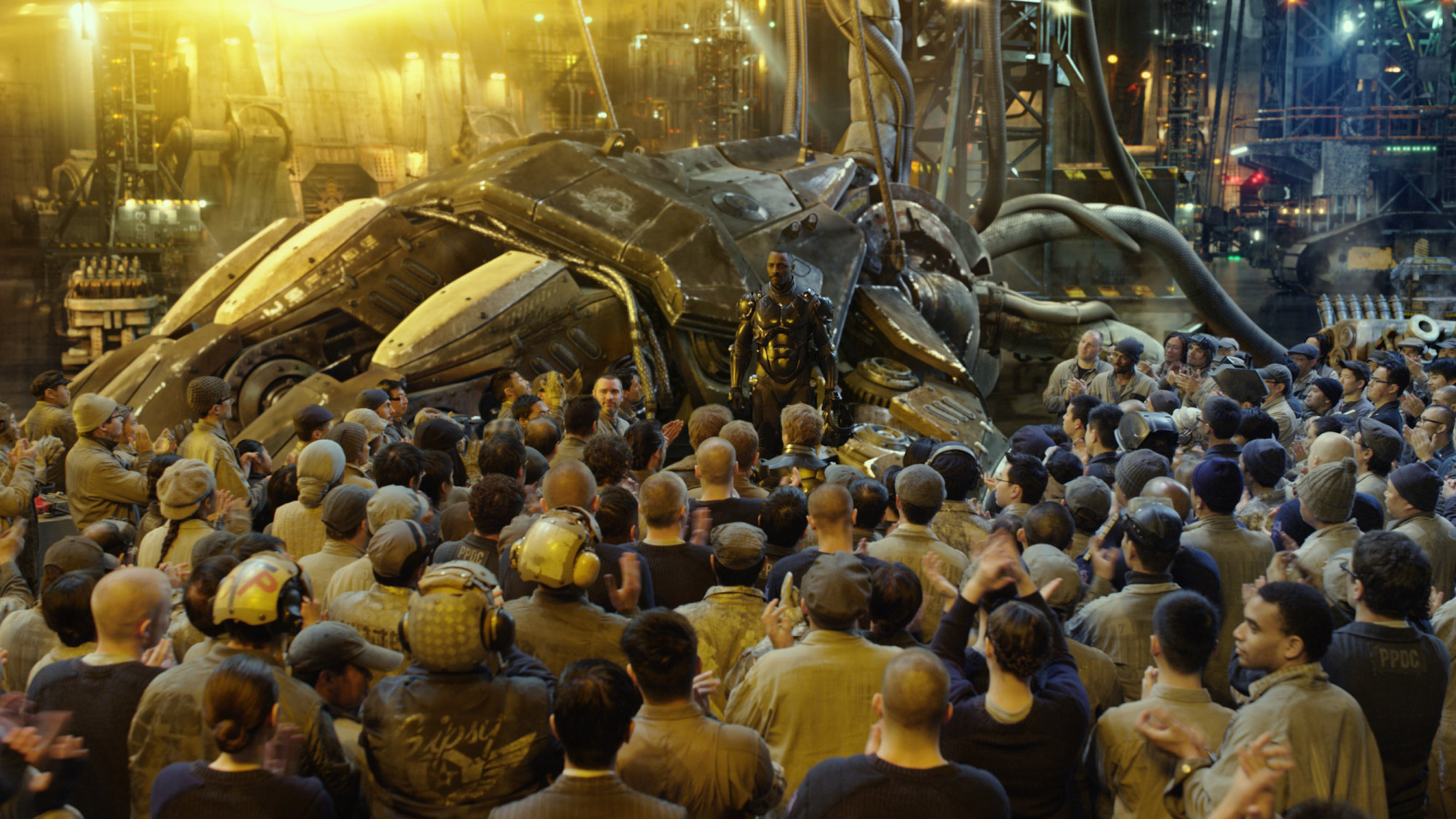
Given the plot, it’s an interesting choice of words. When faced with the hard power of marauding kaiju, the humans erect coastal walls to try and keep them out. They fail.

